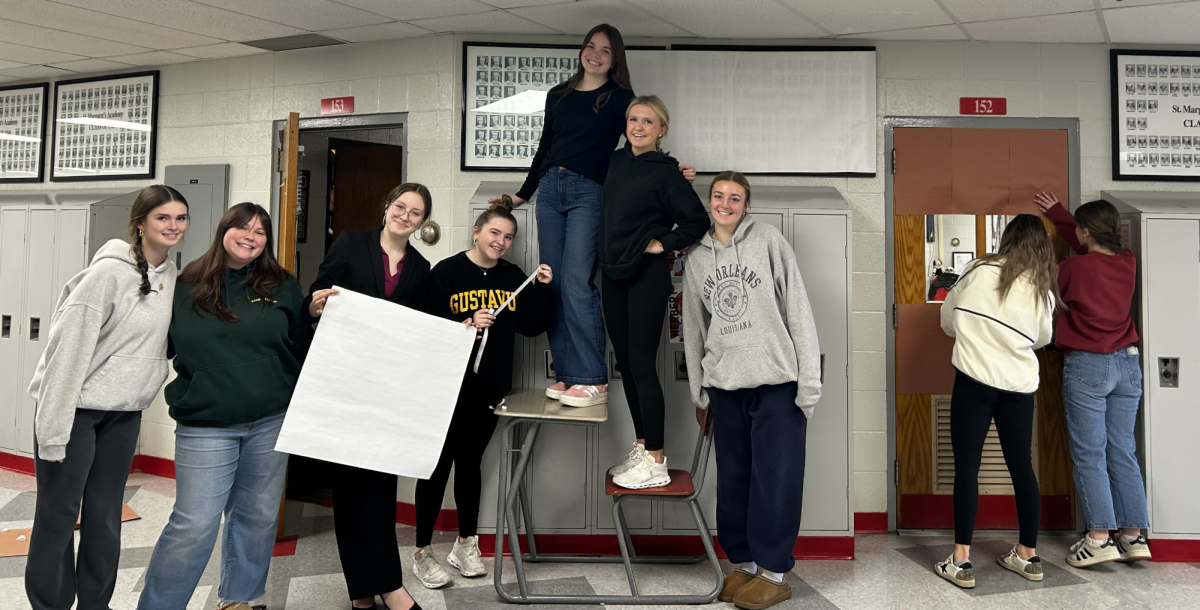Tuesday’s Presidential debate marked a distinct difference in format, moderator quality, and topic range from the October 3 debate. More importantly, however, was the profound “role reversal” of the candidates. President Obama managed to take his dismal performance of two weeks ago and make a complete 180 degree turn. Governor Romney, on the other hand, lost the edge and dominance he had previously displayed, making for a much different picture of the 2012 election.
One of the most important things to consider about Tuesday night’s debate is the drastic format change. For the first time ever, voters proposed the questions and topics that the candidates discussed. This allowed for more questions than the amount asked in the past presidential and vice presidential debates. It also gave way to a very broad range of topics: from gun control to fair pay for women. This change to voter-prompted questions enabled President Obama to take control and ultimately take home the victory.
President Obama managed to stay on the offensive, causing his performance to be so much better than that of the previous debate. He controlled the room; he was in charge; he attacked his opposition with the zeal and gusto that was necessary to win, while still defending his policies. In addition, Obama chose to include the jabs he left out two weeks ago. With sassy remarks, such as “I don’t look at my pension. It isn’t as big as yours, so it doesn’t take as long,” the sharpness of 2008 returned.
President Obama gave one particular speech that I found to be very impactful. He went through Romney’s tax plan and additional spending, adding up the trillions, and asked the audience how 8 trillion dollars in lost revenue and added spending will allow the deficit to shrink. By laying out the numbers in such a simple fashion, Obama employed the logic of the American public, using to hit home the idea that Romney’s numbers just don’t add up.
Governor Romney experienced a radical shift as well, but his was not beneficial. Romney’s 180 degree turn shoved him down a slippery slope into defensiveness, making for an unimpressive showing. Despite his many attempts to shift back to the offensive position, Romney became entrenched in defending himself. His array of arguments was limited and redundant, especially regarding his “five points,” leading to the immobility he experienced. These factors added up to a lackluster performance for Romney and the revival of President Obama.
Overall, this debate allowed voters a chance to bring up questions relevant to their decision this election. In addition, President Obama, after stumbling in the first debate, improved his preparation and regained some of the charisma he exhibited in 2008. Romney will have his work cut out for him next Monday, as the candidates face off in the final debate of this election.









































